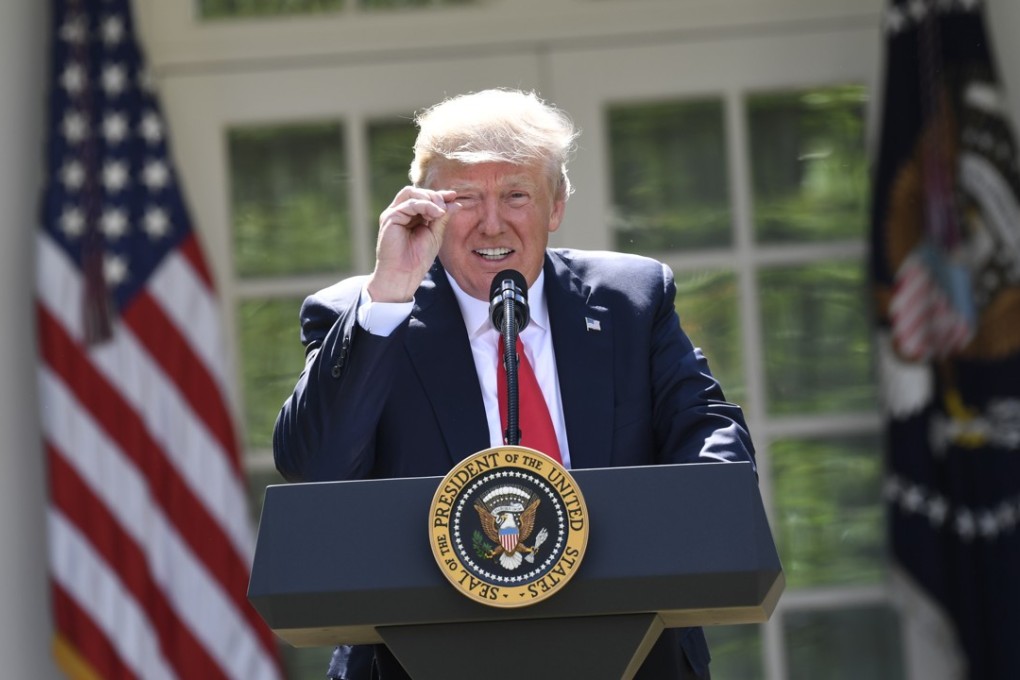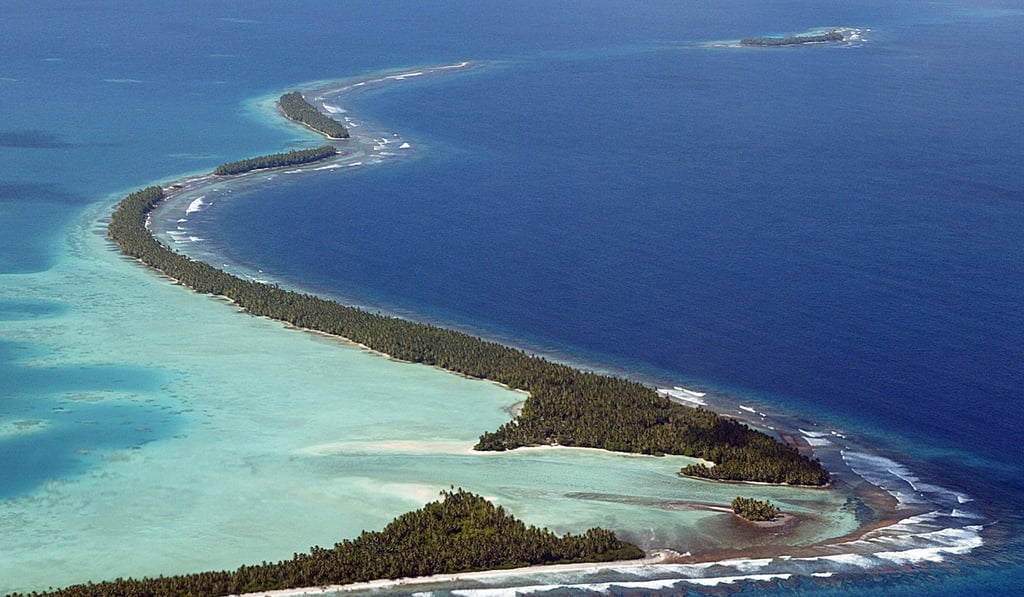On Reflection | Trump’s Paris letdown needn’t harm Asia’s climate of cooperation
US president’s decision to pull out of climate accord shouldn’t prevent the region from re-orienting its economic model. It should, however, spur it to consider how to go on without relying too much on America

It should not surprise anyone that US President Donald Trump announced that his administration will withdraw from the Paris agreement to combat climate change. He has previously denounced climate change as a hoax and Paris as a “terrible deal” for the United States, proposed by the outgoing Obama administration.
But even if forewarned, the decision is wrong headed on the science and bad for global cooperation. More broadly, it undercuts the belief that the US can continue to provide leadership in the world and be a reliable partner.
Earlier this week, after meeting the American leader, German Chancellor Angela Merkel called for Europeans to be prepared to find their own way forward, even without America. Maybe Asians are too polite to say that aloud. But the thought is clearly on their minds more than ever, and the concern goes beyond climate change.
The Paris Agreement is far from perfect but it was the first truly global effort that brought all countries to make some commitment – from the largest emitters like China and the US to the smallest island states. Only Nicaragua and Syria declined. One reason for such wider acceptance is that there is considerable flexibility for each government to tailor its national commitment to that country’s particular circumstances.

Moreover, countries agreed to address climate change not because of some abstract idea about the global good but because they had evaluated their own vulnerabilities. China’s leaders, for example, faced up to pollution and resource scarcities and realised that the country’s future could not be sustained without a shift in the quality of growth. For the Association of Southeast Asian Nations (Asean), studies show the vulnerabilities of the tropical region to more intensive typhoons and how changing rainfall can impact agriculture.

